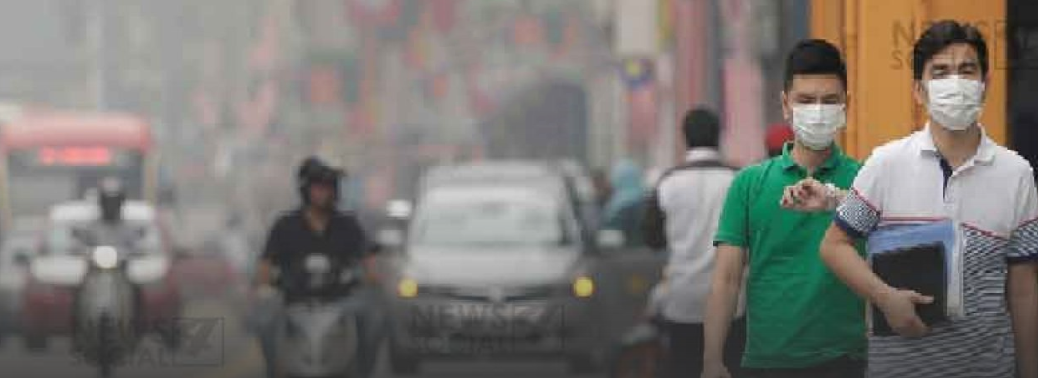84 CITIES SUBMIT PLANS FOR IMPROVING AIR QUALITY BY 2024
30, May 2019

Prelims level : Environment
Mains level : GS-III Technology, Economic Development and Environment
Why in News:
- Eighty-four out of the 102 cities that have been tasked with reducing toxic particulate matter levels by 20%-30% by 2024 have submitted their proposals
Background:
- One hundred and two cities, considered India’s most polluted, have been tasked with reducing PM (particulate matter) 10 and PM 2.5 levels by 2024, as part of the National Clean Air Programme (NCAP).
National Clean Air Programme (NCAP)
- The National Clean Air Programme is a pollution control initiative that was launched by the Ministry of Environment with the intention to cut the concentration of coarse (particulate matter of diameter 10 micrometer or less, or PM10) and fine particles (particulate matter of diameter 2.5 micrometer or less, or PM2.5) by at least 20% in the next five years, with 2017 as the base year for comparison. Following reports by WHO and the air quality data obtained, 102 cities from 23 States and UTs have been chosen as non-attainment cities. Maharashtra tops the list with 17 cities in the list, including Pune and Nagpur, while Uttar Pradesh is second with 15 cities chosen, including Lucknow and Varanasi. A city from Jharkhand, Meghalaya, Tamil Nadu and West Bengal too are in the list.Haryana figure in the list.
-
It adopts collaborative and participatory approach involving relevant Central Ministries, State Governments, local bodies and other Stakeholders
Apart from experts from the industry and academia, the programme is expected to be a collaboration between the Ministry of Road Transport and Highways, Ministry of Petroleum and Natural Gas, Ministry of New and Renewable Energy, Ministry of Heavy Industry, Ministry of Housing and Urban Affairs, Ministry of Agriculture, Ministry of Health, NITI Aayog, and Central Pollution Control Board.
NCAP Targets:
- The States in which the cities are located are expected to produce plans that include increasing the number of monitoring stations, providing technology support, conducting source apportionment studies, and strengthening enforcement.
- The NCAP requires cities to implement specific measures such as “ensuring roads are pothole-free to improve traffic flow and thereby reduce dust” (within 60 days) or “ensuring strict action against unauthorised brick kilns” (within 30 days). It doesn’t specify an exact date for when these obligations kick in.
Recent Steps taken:
- In April, the Ministry constituted a committee to implement the NCAP, chaired by the Secretary, Union Environment Ministry, and has among its members the Joint Secretary (Thermal), Ministry of Power; Director-General, The Energy Resources Institute (TERI), the Delhi-based think-tank; and Professor Sachidananda Tripathi, Indian Institute of Technology-Kanpur (IIT-K).
- As part of its public-outreach campaign, the Ministry has collaborated with the Bhamla Foundation, as well as artistes from Bollywood, to develop a theme song Hawa aane de (‘Let the air in’).






